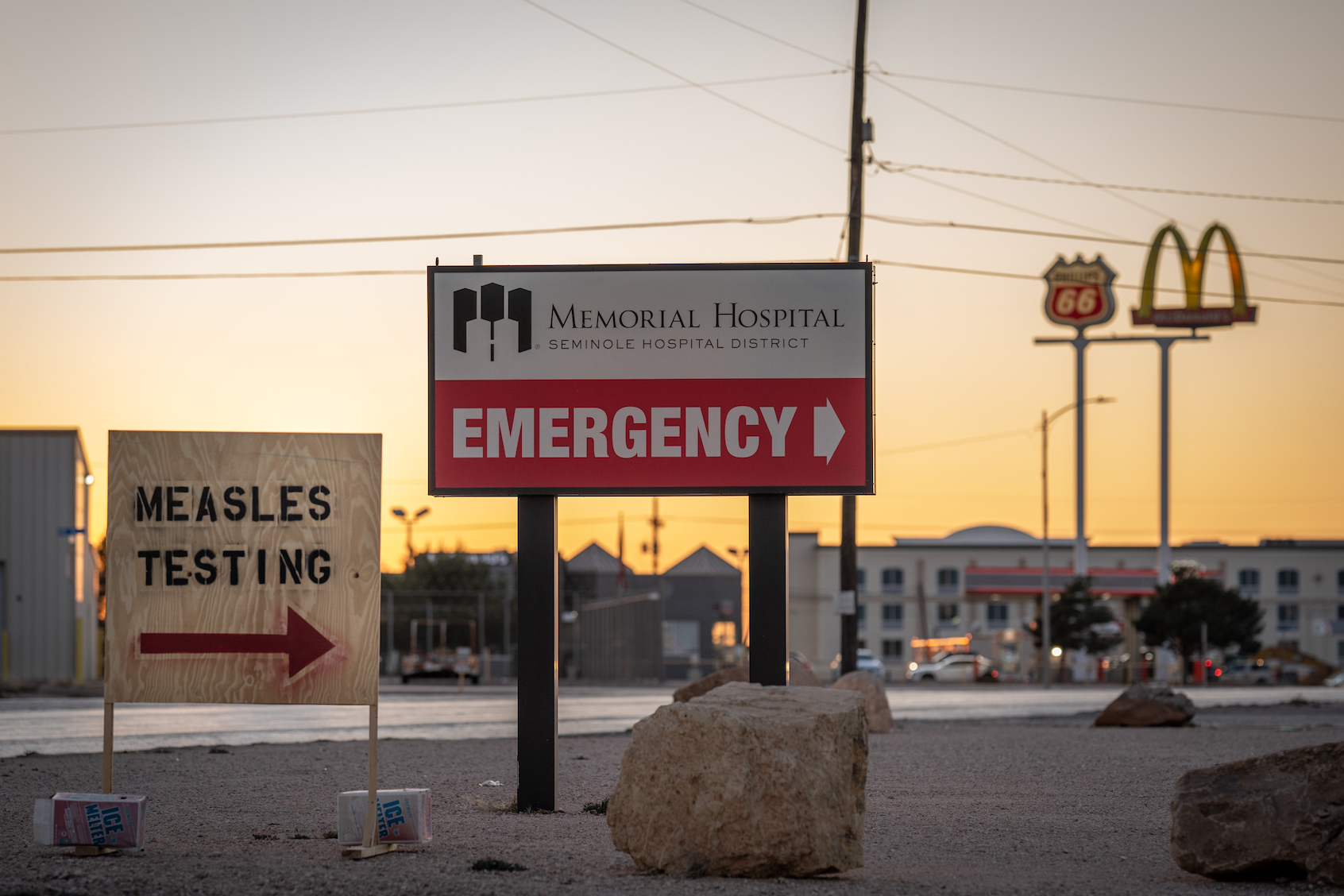Canada has officially lost its designation as a “measles-free” country following a significant outbreak that has impacted thousands over the past year. On November 10, 2025, the Pan American Health Organization (PAHO), which acts as the regional office for the World Health Organization in the Americas, announced this development after a review of public health data during a meeting in Mexico City. The situation has raised concerns not only within Canada but also in neighboring countries, with the United States expected to follow suit.
The revocation of measles-free status underscores a troubling trend: declining vaccination rates among children. A global health epidemiologist noted that measles is highly contagious, and the fall in vaccination coverage has left many children vulnerable. This resurgence of the disease in Canada is not an isolated incident, as the United States has experienced similar outbreaks in recent months.
When a country is classified as measles-free, it indicates that there is no ongoing local transmission of the disease for at least one year. If a chain of cases linked to person-to-person transmission occurs for more than a year, the country loses this status. The measles vaccine, which has been available since 1963, significantly reduced infection rates, yet the World Health Organization continues to report tragic outcomes; approximately 100,000 children still die from measles annually, primarily in low-income nations.
History and Current Situation
Canada achieved measles elimination status in 1998, with the United States following in 2000. By 2016, all countries in the Americas had reached this milestone. However, vaccination rates have been declining globally, particularly during and after the COVID-19 pandemic. To effectively protect communities from outbreaks, approximately 95% of the population must be vaccinated.
In Canada, vaccination among two-year-olds dropped from around 90% in 2019 to approximately 82% in 2022 and 2023. As the number of unvaccinated individuals increased, measles cases surged from just 16 nationwide between 2020 and 2023 to over 5,000 in 2025, with outbreaks reported across all provinces. Tragically, two infants have died as a result of this outbreak, with fewer than 10% of those infected having received the vaccine.
The situation in the United States is equally concerning, with predictions that it will also lose its measles-free status in 2026. Despite more than 90% of kindergartners being vaccinated, this rate is insufficient to prevent outbreaks. A significant outbreak that began in Texas in January 2025 has already affected over 760 people and resulted in two fatalities. Overall, more than 1,600 individuals across over 40 states have contracted measles this year, marking the highest number of cases since 1992.
Implications for Public Health
The loss of measles elimination status points to a deeper issue: a decline in public trust regarding health messaging and science. This erosion of confidence has led to lower vaccination rates, increasing the risk of outbreaks of vaccine-preventable diseases. While regions in Central America, South America, and the Caribbean currently maintain their measles-free status, the ongoing outbreaks in North America pose a risk for cross-border transmission.
Without substantial improvements in vaccination coverage and renewed public trust in community health measures, many countries may face larger outbreaks of measles and other preventable diseases in the years to come. The challenges highlighted by this public health crisis call for urgent attention to vaccination efforts and community education to ensure the protection of vulnerable populations.
The situation remains fluid, and health officials are urging communities to prioritize vaccination as a critical tool in combating the resurgence of measles.





































































